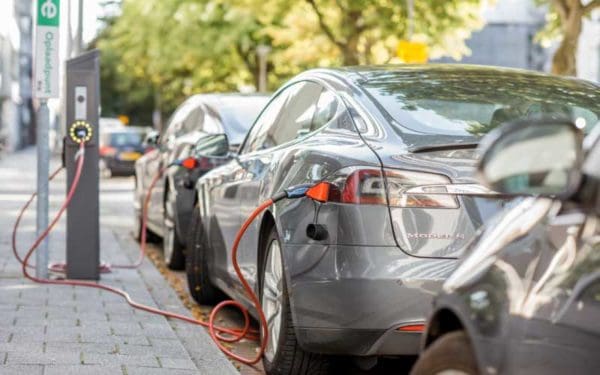McNeil Biomass Plant’s District Energy Project is a Bad Deal for Vermont
The last thing we need is for this air- and climate-damaging plant to expand – which is why Burlington’s City Council should vote “no” on the proposed District Energy Project.
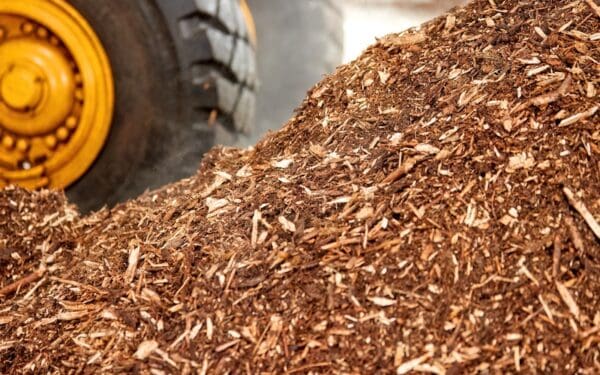
The last thing we need is for this air- and climate-damaging plant to expand – which is why Burlington’s City Council should vote “no” on the proposed District Energy Project.

The climate crisis is here. That means we must not only focus on how to prevent future climate impacts but also on how to preserve life and prevent damage to our homes, neighborhoods, and cities today. Here’s how.
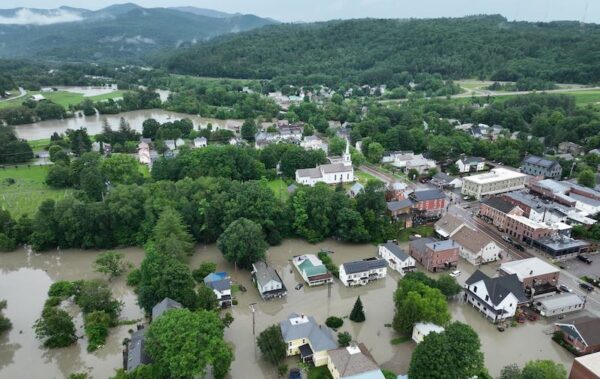
We’ve just seen the planet’s hottest summer. Torrential rains and flooding have cost billions and threatened lives in Vermont and Massachusetts. Ocean waters off our coast are heating more rapidly than any in North America, and wildfires have given us sore throats, dirty air, and brown skies. We need to do better. The ISO needs to pursue rapid change — now.
“While Shell tries every trick in the book to avoid coming clean about its involvement in the climate crisis, our community is in danger,” said Darrèll Brown, vice president of CLF Rhode Island.
“While Shell tries every trick in the book to avoid coming clean about its involvement in the climate crisis, our community is in danger” said Darrèll Brown, Vice President of CLF Rhode Island. “The evidence we have seen shows that the company has left this facility woefully unprepared for extreme weather. Major risks exist now and they’re only going to get worse as the oceans rise and storms intensify.”
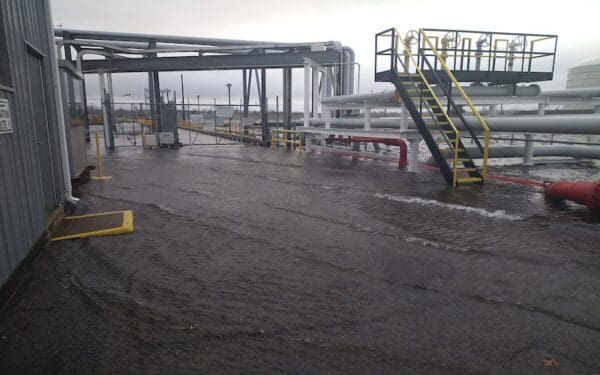
Utility companies are not preparing for the cost of climate change-fueled weather, and consumers are paying for it.
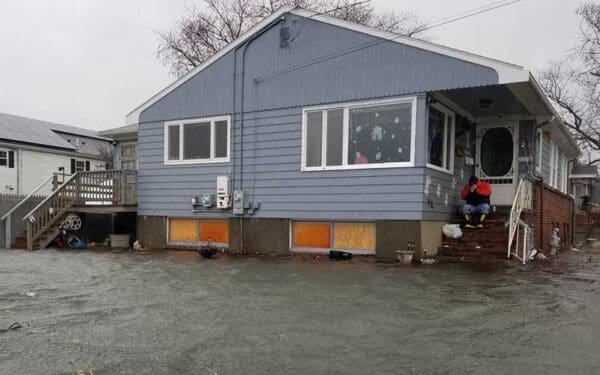
CLF’s recently published study finds that bioenergy can play a limited role in industries that are near-impossible to electrify – but clean energy like solar, wind, and heat pumps must largely pave the path forward.
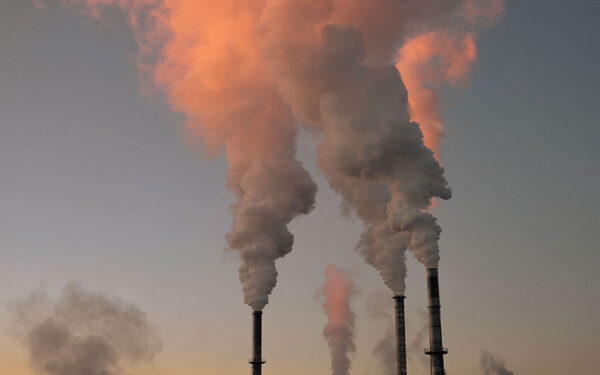
“It’s critical that we separate fact from fiction when it comes to biofuels,” said Caitlin Peale Sloan, Vice President of CLF Massachusetts. “The fossil fuel industry is pushing solutions like renewable natural gas as a silver bullet to confront the climate crisis with little evidence. The truth is these fuels will still pollute our climate and our air, and they must be used only in limited cases.”

Melissa Hoffer has released a report outlining recommendations for the Healey Administration’s agenda to tackle the climate crisis. Conservation Law Foundation (CLF) released the following statement in response.
“The climate crisis is impacting every community in Massachusetts, and we wasted valuable years under the prior administration waiting for firm commitments and real action on the ground,” said Caitlin Peale Sloan, Vice President of CLF Massachusetts. “The Climate Chief’s report underscores the vast challenges facing the Commonwealth in this fight as well as the opportunities for climate solutions that work for all our residents. It’s time to get to work.”
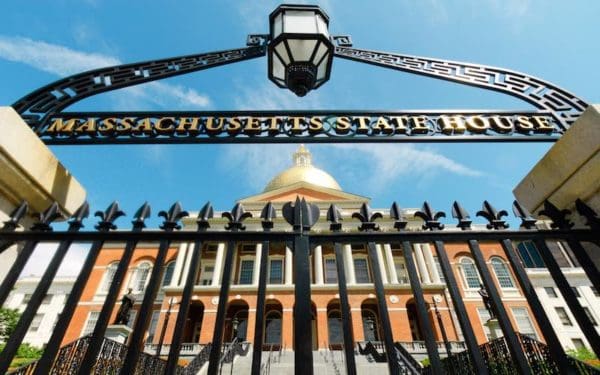
“Harmful emissions from fossil fuel-powered cars and trucks are driving the climate crisis and polluting the air we breathe,” said CLF senior attorney Emily Green. “The clean car standards will save lives and clean up our air. But our leaders need to go beyond the rule they’re considering and go all electric by 2035. And rejecting the clean trucks standards would be absolutely the wrong move. Our future health, air, and climate depend on us taking bold action today.”
